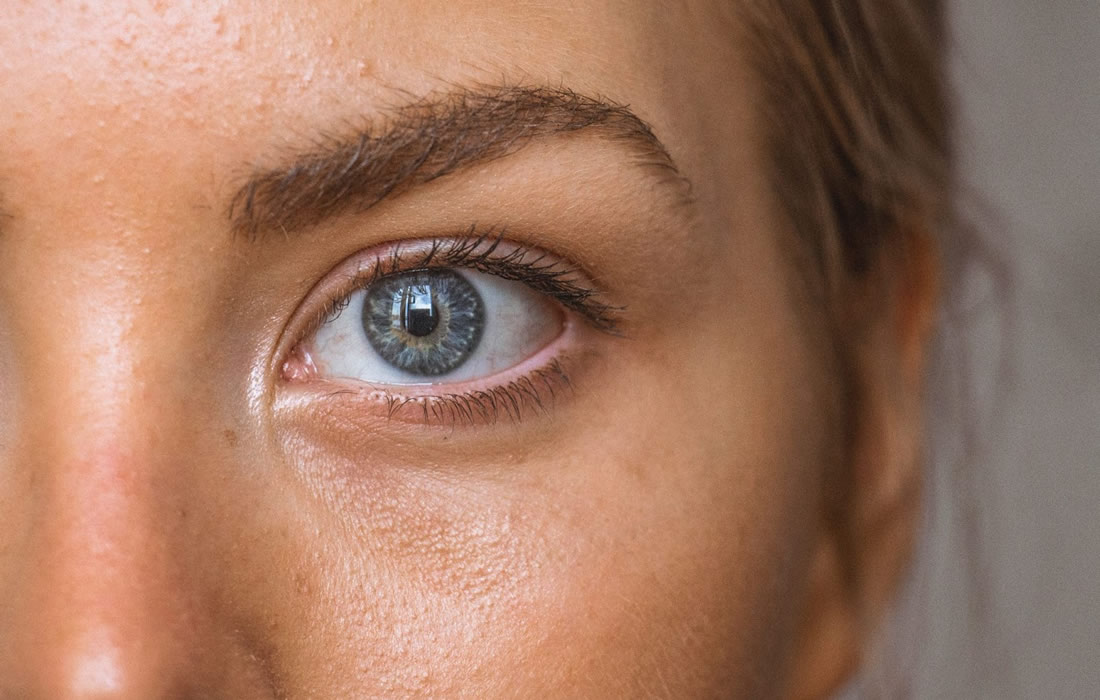Regenerative Medicine News and General Information
New Light on Treatment for Women With Persistent Acne
A team of researchers led by the University of Southampton has shown that a cheap and readily available drug, used to treat high blood pressure, could help the thousands of women who suffer from persistent acne.
The SAFA study is the first large-scale clinical trial to provide evidence that spironolactone is an effective treatment for the skin condition.
It’s expected the results will change in the way acne in women is routinely treated — improving patient outcomes and reducing the large number of antibiotics currently prescribed for the condition.
“We hope the publication of these results will mean more GPs and dermatologists feel confident to prescribe spironolactone as a treatment for acne,” says Professor Miriam Santer co-lead of the trial. “The drug is already included in treatment guidelines for persistent acne in the US and Europe, and we hope this trial will lead to a change in the UK guidelines.”
The SAFA trial recruited over 400 women, aged over 18, with acne that had persisted for more than six months and where oral antibiotics would have normally been the next treatment. Half were randomly allocated to take spironolactone, while the other half were given a placebo.
“The results showed that the women taking spironolactone saw a significant improvement in their acne after 12 and 24 weeks compared to those on the placebo,” says Professor Santer.
“A significantly higher proportion of people also reported that they felt satisfied that their skin had been helped compared with those receiving placebo, and any side effects were uncommon and very minor. These results show that spironolactone could offer an alternative to antibiotics for many women with persistent acne to use alongside topical acne treatments.”
Professor Andrew Farmer, Director of NIHR’s Health Technology Assessment Programme, said: “The findings from this important trial provide compelling evidence which could help thousands of women affected by persistent acne. The treatment provides a valuable alternative to antibiotics and ensures clinicians can also better avoid the harms that can arise from antimicrobial resistance.
Sources:
Miriam Santer, Megan Lawrence, Susanne Renz, Zina Eminton, Beth Stuart, Tracey H Sach, Sarah Pyne, Matthew J Ridd, Nick Francis, Irene Soulsby, Karen Thomas, Natalia Permyakova, Paul Little, Ingrid Muller, Jacqui Nuttall, Gareth Griffiths, Kim S Thomas, Alison M Layton. Effectiveness of spironolactone for women with acne vulgaris (SAFA) in England and Wales: pragmatic, multicentre, phase 3, double blind, randomised controlled trial. BMJ, 2023; e074349 DOI: 10.1136/bmj-2022-074349
University of Southampton. “Non-antibiotic treatment for women with persistent acne shown to be effective.” ScienceDaily. ScienceDaily, 17 May 2023. <www.sciencedaily.com/releases/2023/05/230517122127.htm>.
Images from:
Photo by Amanda Dalbjorn
https://unsplash.com/photos/fvInY-Gh7sc

